Welcome to series 3 of Streets of Your Town podcast!
In this series I will continue my wanderings around the country, well as far as I can in this new COVID world. Which might be rural Queensland for now! Mildred the cantankerous kombi and I have just returned from our last adventure researching and recording, and I have brought back this exclusive podcast from Bundaberg for your listening pleasure (to listen just click on the link above!), continuing the debate on blackbirding in this country.
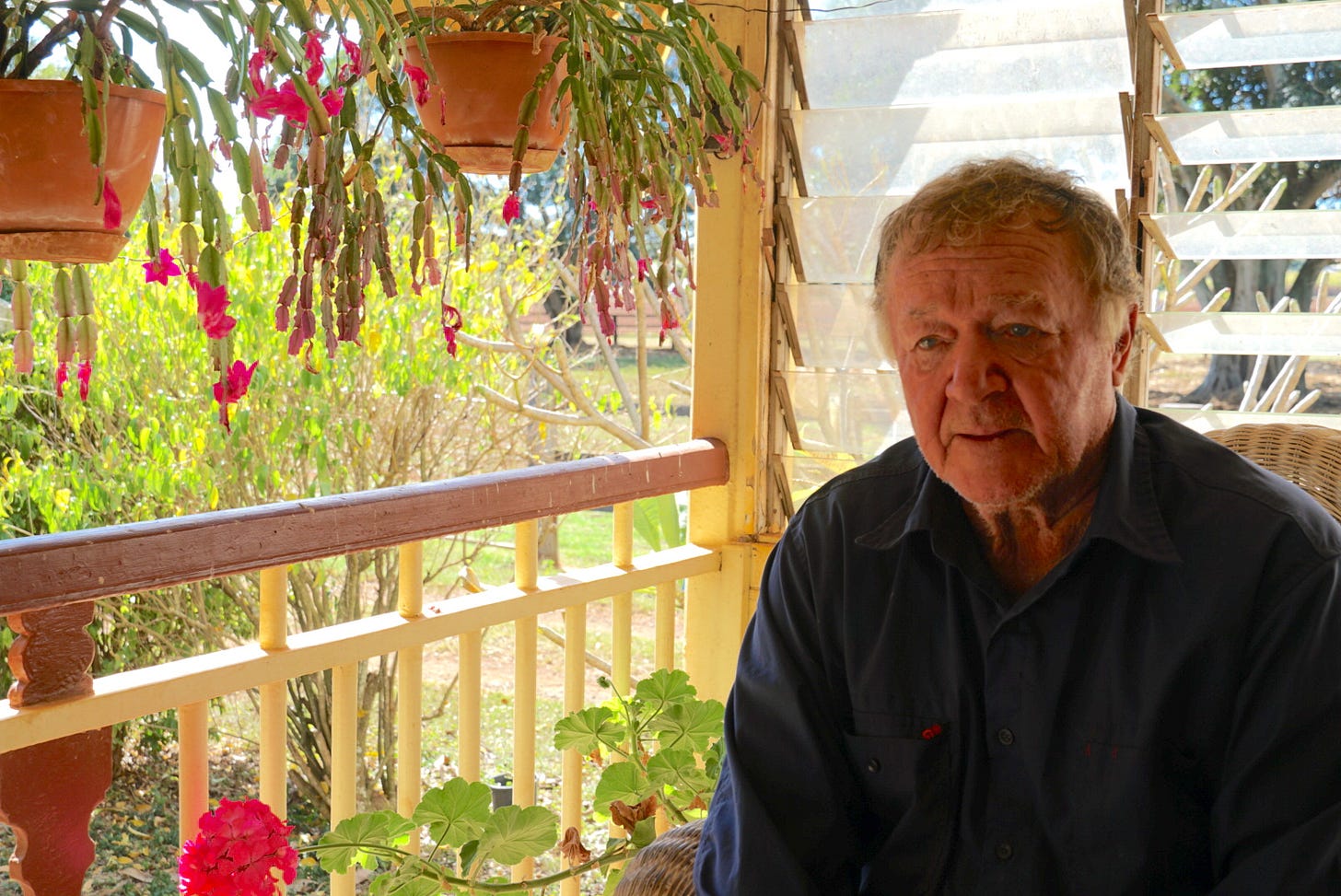
As the Black Lives Matter movement gathers pace around the world, prompting Australians to reflect on race and discrimination in this country, debate is growing about Australia’s legacy of blackbirding.
More than 60,000 Pacific Islanders, then known as kanakas, were forced, coerced or deceived into leaving their native lands and shipped to Australia between 1863 to 1904. They worked in often cruel conditions, and were paid a pittance as indentured labourers on farms.
Their graves, many unmarked, are still being discovered. Many thousands of their descendants still live in Australia, and are proudly known as Australian South Sea Islanders.
So when Prime Minister Scott Morrison recently declared “there was no slavery in Australia”, it brought up much grief from the South Sea Islander community.
Brian Courtice is the former federal member for Hinkler, who lives on the farm “Sunnyside” just outside of Bundaberg in Queensland.
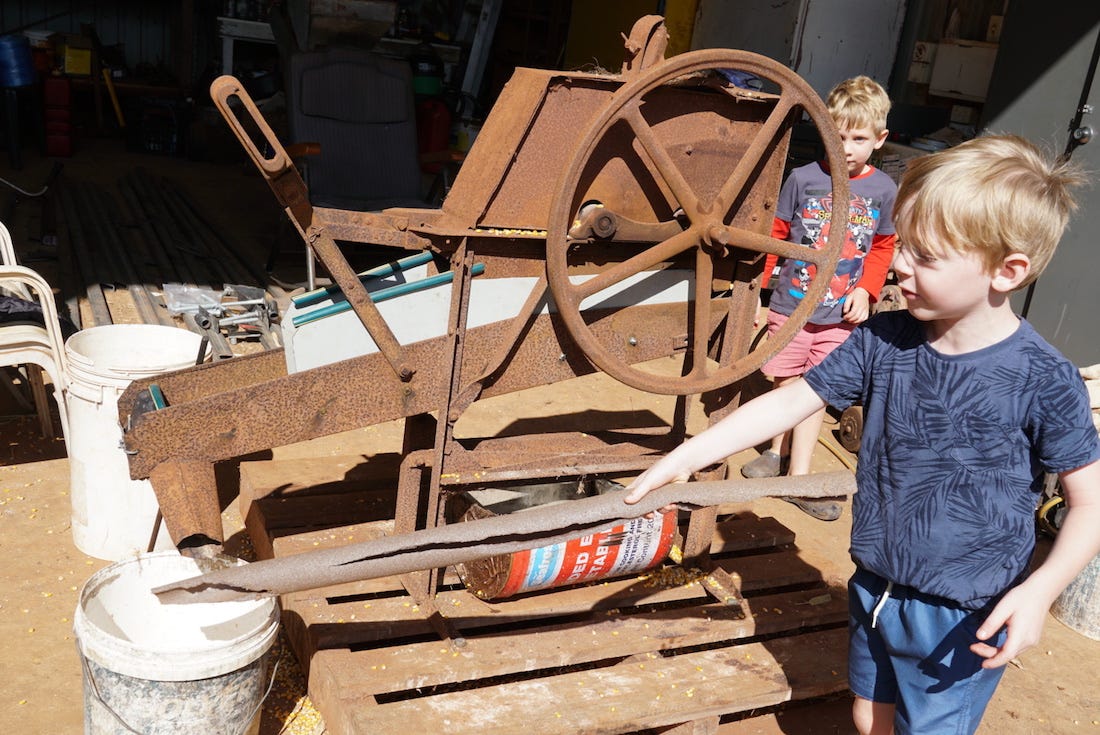
Above: Brian’s grandchildren check out a century-old corn thresher he just acquired. It even still works! He uses it to get the corn off the cob to feed his cattle.
This podcast interview happened on Brian’s front porch, with his grandchildren running around him, continuing the generations of his family who have lived on the farm since the 1920s.
But he’s had to come to terms with the farm’s blackbirding past before his family took it over, when it was under the control of landowner Edward Turner in the late 1800s.
Turner was convicted of hitting and starving the South Sea Islander labourers who worked on the farm, and even hanged one South Sea Islander on a tree on the property.
Brian thinks there are 50 Pacific Islanders buried on the property in unmarked graves, but has only found the graves of 29 of those people. That graveyard is now heritage listed.
In this interview Brian renews his calls to the federal government and the Australian public, to not only recognise this chapter of Australian history, but also support ways to heal the ongoing pain of the generations who followed.
“The history of South Sea Islanders has been buried for so long in Queensland and in Australia and even the PM didn’t understand that we had slavery here in Queensland,” Brian says.
“We owe a great debt to the South Sea Islanders for the early work they did establishing the sugar industry.”
Brian showed me photos of a recent tour of local schoolchildren who came to his property. They came to see the graves of South Sea Islanders who died on the farm, and learn about local history.
He says learning about blackbirding should be a compulsory part of the national school curriculum.
“62,000 were brought here against their wishes and 16,000 died here. That’s slavery,” he says.
“Those 16,000 are buried all over Queensland in unmarked graves like the early plantation owners buried their livestock, which I think is terrible.
“Queensland was the state where slavery existed.
“You need to know the past if you’re going to develop the future.
“The fact that so many people in Australia do not know that Queensland was developed on the back of slavery is a sad indictment on both the curriculum of the education system and people who tried to protect cover up for people who were the top end of town who no longer exist. Some of these people are revered and they made their wealth out of the exploitation of other people.”
He says this isn’t a partisan issue, and should cross over party lines.
“Both major parties have neglected this over the past 30 or 40 years,” he says.
“We’ve made great inroads in Europe and France and Belgium in trying to find the remains of Aussies that died there in World War I as we should do. This is the same thing. These people died a long way from home, were brought here against their will, were exploited and it’s a story that needs to continually be told.
“It should actually be a compulsory part of our school curriculum.
“When the story broke and Scott Morrison said that Australia was not established on slavery, and he was technically correct Sydney Cove was not established by slavery, but we certainly had slaves in the sugar industry, and there were some Aboriginal people treated much like slaves as well, the left of the Labor party jumped on him about Aboriginals but not one mentioned the South Sea Islanders. It’s as if they don’t want to know.”
He would like to see scholarships established in the countries where people were taken in the blackbirding years, to make amends.
“The Commonwealth Government through Department of Foreign Affairs and Trade should establish scholarships here in Australia for selected students from the South Pacific, say a dozen at a time, to do nursing and education in Australia free of any cost to themselves, so they can then go back to their country and lift the standard of living.
“If we don’t, the flag of China will be flying all over the South Pacific.
“It’s not a lot of money. It’s 50 thousand dollars for a full scholarship for a student to complete.
“It wouldn’t be hard, we need to do it, we need to do it in Australia’s national security interests, we need to do it because it’s fair and decent and we need to do it to close the book on a past that’s been very very poor from our perspective. Britain has to wear a lot of responsibility too because this happened while we were a colony.”
Behind the Scenes
When the blackbirding story came to the forefront of the news again, I was very pleased to see so many people retweeting my ABC Radio documentary on the subject from a couple of years ago.

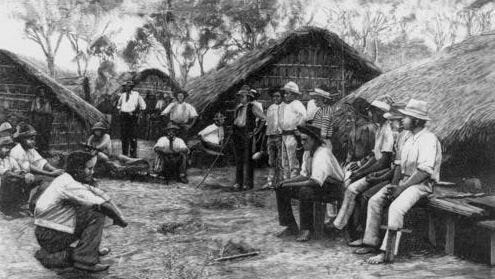
That story won a silver and a bronze award from the New York Festival International Radio Awards.
If you want to listen to more on blackbirding, with more interviews from from Brian Courtice and Australian South Sea Islanders themselves, you can listen to that 20 minute doco at this link:
https://www.abc.net.au/radio/programs/pm/summer-special-blackbirding/9282632
You can also listen to this latest podcast episode featuring Brian Courtice’s interview through your podcast provider if you prefer, by searching for “Streets of Your Town podcast” on iTunes, Spotify, Google Play or whatever is your podcast player of choice.
Otherwise you can go to the Journo Project Press Freedom Facebook page and share that with your friends after you’ve had a listen to the podcast through the link there.
What I’m watching
As far as I’m concerned, this is one of the most important pieces of journalism to come out this year. I highly recommend Stan Grants’s “Talking to My Country” book too, for those who want to come to a truer and deeper understanding of Indigenous history, race, and racism in this country. His Four Corners piece “I Can’t Breathe” is must-see viewing and you can watch it again on iview at this link:
https://iview.abc.net.au/show/four-corners/series/2020/video/NC2003H023S00
Upcoming
I am progressing well with the book from the more than two dozen journos who I interviewed exclusively for series 2 of Streets of Your Town—The Journo Project.
I’m looking at pulling together all of my two dozen Journo Project podcast interviews with Australia’s leading journos, into an e-book that can be used for budding and experienced reporters alike for guidance on how to do this country’s best reporting.
People who are paid subscribers to this substack newsletter and help put petrol in my kombi to keep me getting these stories, will each get their own copy of The Journo Project e-book.
Would you like a copy too? Then you can join these fabulous people who I want to give a big THANKYOU shout out to for supporting the work of this Wandering Journo!
Big shout out to my recently renewed paid sponsors! You are absolute legends all!
Deanna Nott
David and Dianne Haxton
Tamara Hunyadi
Cathie Schnitzerling
Andrew McGarry
Fiona Sewell
Hedley Thomas
Natalie Larkins
John Maume
Jane Lindsay
Rachel Tyson
and Jan Nary
If you were a paid subscriber last year to The Journo Project your renewal should be coming through shortly. Keep an eye out for it. Just let me know by reply email to this newsletter if you’re no longer in a position to be a paid subscriber and I’ll work out all the other details for you. Really appreciate all of your support—for however long that is possible!
In this time of isolation and social distancing, I hope you can help make the world a smaller place as part of The Wandering Journo tribe and share this email and of course my Streets of Your Town podcast with your friends.
Thanks for making this all possible!
Talk soon! And stay safe my beautiful Wandering Journo tribe!
Nance







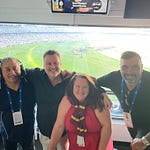
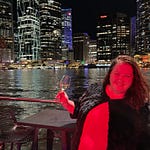
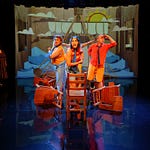
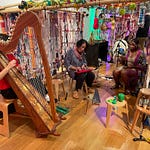
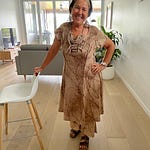

Share this post